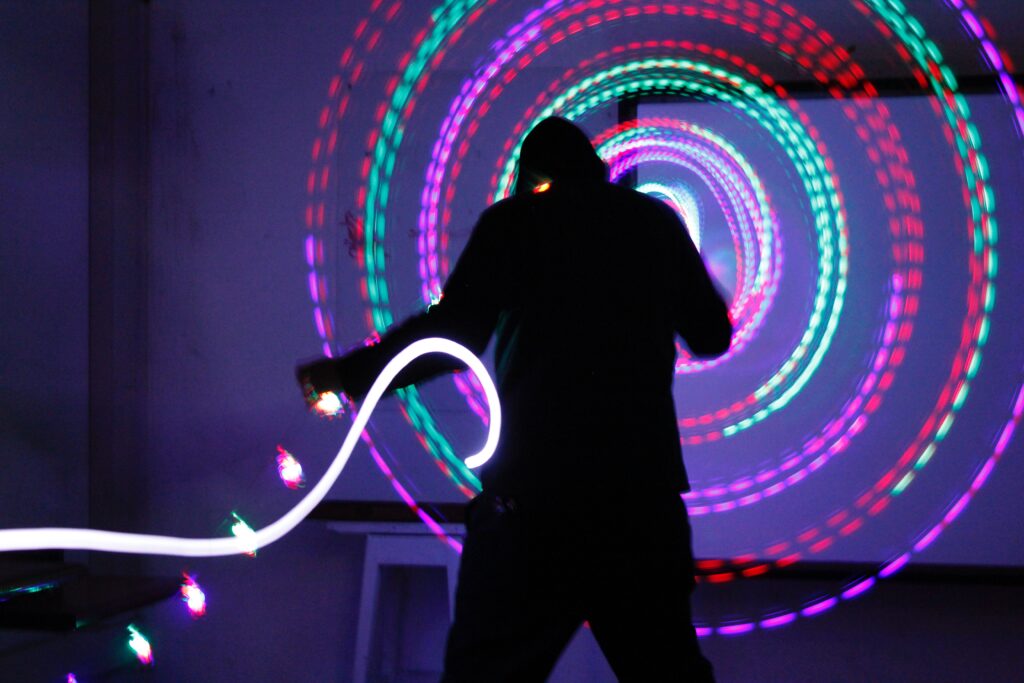EUROPEAN INSTITUTIONS
European Parliament: This year’s winner of the lux audience European film award is the Belgian-Dutch-French film Close. The film, directed by Belgian director Lukasa Dhonta, is about the friendship between two growing boys. The film has already been awarded the Grand Jury Prize at Cannes and nominated for the Academy Award for Best International Feature. At the Liffe Festival in Ljubljana, he won the Art Cinema Network of Slovenia award and the Kinotrip Youth Jury Award. Slovenian directors also attended the award ceremony. More about this at this and this link .
European Parliament: The Committee on Legal Affairs of the European Parliament (JURI) has published a study on virtual reality or. the metaverse. As the study shows, among other things, it will take six to eight years to reach the full potential of the metaverse. This will bring many economic benefits, but important elements of the metaverse such as digital ethics, digital doppelgangers, blockchain, generative artificial intelligence, “tokenization” and digital humans will already have a significant impact on the economy. This is estimated to happen within one to three years in the field of generative artificial intelligence and three to six years in the case of “tokenization” and digital humans. More about this at this link .
Spanish Presidency of the EU: From July 1, Spain took over the six-month presidency of the Council of the EU. At the same time, Spanish Prime Minister Pedro Sanchez announced that during the presidency, Spain will promote an autonomous, digital and green Europe that combines innovation and social justice. More about this at this link .
INDUSTRY
Council of Europe, Eurimages Fund: The Council of Europe’s fund for the co-production, distribution, promotion and exhibition of European cinematographic works, Eurimages, has announced the results of the second meeting of its board members. In total, they supported 33 projects worth 9.65 million euros, and among the supported projects are Urška Djukić’s debut Little Trouble Girls and Klemna Dvornik’s Blok 5, which received a total of 400,000 euros. Director Urška Djukić touches on the main theme of her films in Little Trouble Girls, the influence of social patterns and rules that are passed down through the generations on girls and their perception of their own bodies through the story of the growing-up girl Lucia. The children’s film Blok 5, directed by Dvornik based on the script by Dora Šuštić, tells the story of 12-year-old Alma, who learns that the playground in her new neighborhood will become a parking lot. Even worse, her father, a civil engineer, will supervise the work. Alma bonds with the local skaters and stands up to the adults in a battle for the playground. More about it atthis link .
Reuters: The news agency Reuters reported on a letter from more than 160 CEOs of large companies addressed to the European Commission regarding proposed legislation in the field of artificial intelligence. As they wrote, the proposal could threaten the competitiveness of the EU and its technological sovereignty. European lawmakers recently agreed on a bill that would require systems like ChatGPT to disclose content generated by artificial intelligence. In addition, they should help distinguish between these deep-fake images and the real ones, and provide adequate protection against illegal content. More about this at this link .
KEA: The advisory organization KEA, which specializes in the cultural and creative sector, has published a joint call from the European Parliament Committees on Employment and Social Affairs (EMPL) and Culture and Education (CULT) to the European Commission to regulate the area of precariousness in the European cultural and creative sector . Among other things, the two committees demand that the European Commission legislate the status of temporary workers and take appropriate measures, with which temporary workers will get fair pay and better social security. More about this at this link .
The Hollywood Reporter: Another lawsuit has been filed against OpenAI, the company that operates the ChatGPT artificial intelligence system. This time the company is being sued by the authors of the novels, namely for the alleged unauthorized use of data from more than 100,000 novels that are online. More about this at this link .
Cultural Action Europe: A commentary on the conditions in which the European cultural worker lives and works. More about this at this link .
European Audiovisual Observatory: In its latest report on audiovisual media services in Europe, the Observatory notes that 48 percent of European television channels for children are in the hands of American companies. More about this at this link .
Euractiv: The Spanish Presidency of the Council of the EU has announced that artificial intelligence will also be discussed at the tripartite negotiations between the European Commission, the European Parliament and the Council of the EU. The negotiations will, among other things, define artificial intelligence, review high-risk cases and discuss the impact of artificial intelligence on fundamental rights in the EU. More about this at this link .
ScreenDaily: The Directors Guild of America (DGA) and the Motion Picture and Television Producers Guild of America have reached an agreement in principle on a new three-year contract. The agreement brings an important breakthrough in the field of creators’ rights, mainly due to the global performance of the American entertainment industry. This deal provides “peace” to these unions while the screenwriters’ strike has been going on for more than six weeks. More about this at this link .
